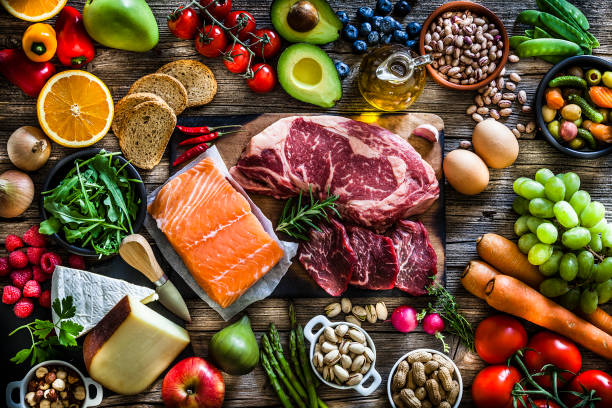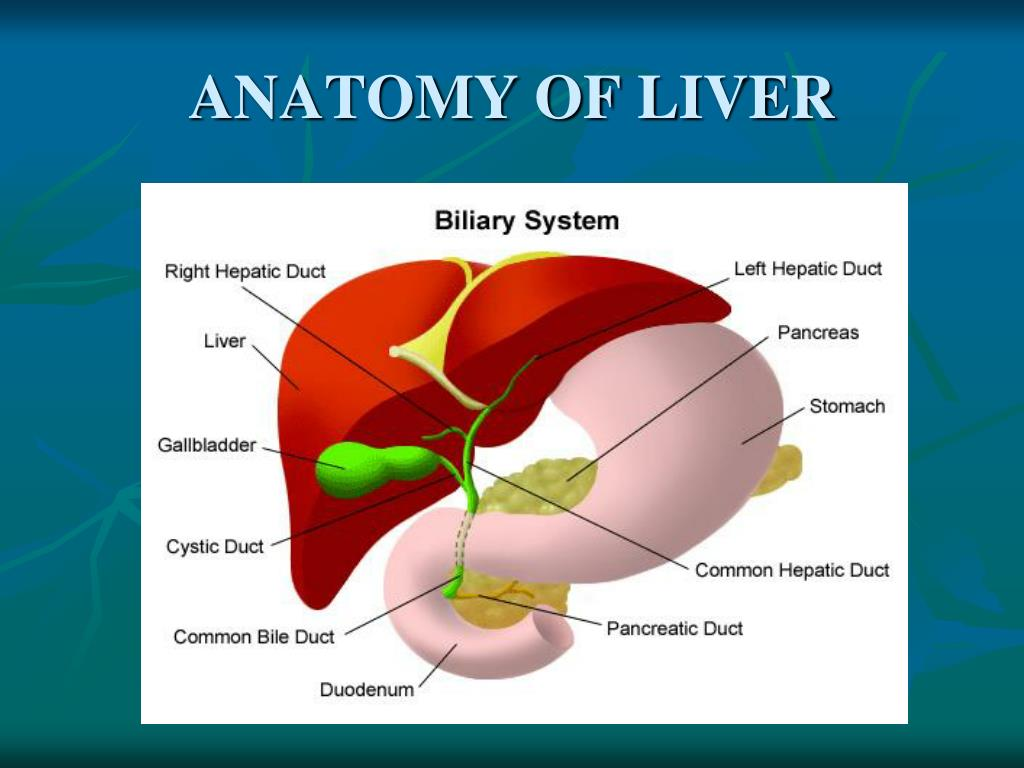Rethinking Cholesterol - Embracing the new paradigm in Heart Health
👉For decades, total cholesterol levels have been the cornerstone of cardiovascular risk assessments. We've been told that the higher the number, the greater danger, right? This has prompted millions to undergo treatments - specifically taking statin medications - aimed at lowering these figures.
Central to this narrative was the belief that SATURATED fats were the primary culprits behind heart disease - this is what the American Heart Association (AHA) has touted for decades.
😡What if I told you the AHA was paid off by Proctor & Gamble (a major producer of seed oils) to promote the idea that saturated fats - not seed oils - were the main cause of heart disease?
This alliance helped shape dietary guidelines and public perception for years and that's where good 'ole margarine got it's rise to fame!
New research is challenging these entrenched beliefs, ushering in a new era of understanding that could transform how we perceive heart health.
👏 Welcome to the paradigm shift in cholesterol science! 👏
The much-maligned saturated fats—which Americans are trying to avoid—are not the cause of our modern diseases. In fact, they play many important roles in the body chemistry: enhancing a strong immune system, creates all your steroid hormones, they have antimicrobial properties and they "feed" the heart as the heart muscle is actually highly saturated!
🧈🐮🥚🥛🥑What are good sources of saturated fats?
*Grass fed/pasture raised animal fats: lard, butter, tallow
*Full fat dairy: raw, unpasteurized milk, cheese and cream from grass-fed cows
*Coconut oil
*Egg yolks/eggs from hens raised on natural diets
(Btw.... statins DEPLETE a very important natural substance in our body called CoQ10 and the organ with the largest CoQ10 is the heart! So therefore, statins can actually be the reason someone ends up having a heart attack!) Oy vey....
👉KEY LAB MARKERS: When checking your cholesterol levels, it's important to look beyond just total cholesterol and standard lipid markers.
- VLDL: very low-density lipoproteins - these tiny LDL particles are considered more atherogenic (meaning they have a higher tendency to penetrate arterial walls and contribute to plaque formation and that's not good.) VLDL Standard ranges are from 0.00-30.00 mg/dL while OPTIMAL ranges are from 0.00-15.00 mg/dL.
- Apolipoprotein A1: The major component of HDL. We want this number to be HIGHER. High levels of Apo A1 are considered PROTECTIVE against cardiovascular disease. You know what's the easiest and cheaper way to increase APO A1? EXERCISE!
- Apolipoprotein B: The major component of LDL. We want this number to be LOWER. Elevated levels of Apo B are associated with increased risk of atherosclerotic coronary artery disease. Elevated levels have also been associated with Hypothyroidism. Diet and exercise are also an important component to lower Apo B levels.
🎉In understanding cholesterol and heart health, it's clear that the old myths and one size recommendations no longer hold up. Instead, focusing on nutrient-dense foods, minimal processed foods and paying attention to full spectrum of blood-lipid markers can give you a more accurate description of your cardiovascular and overall health.
👌If you're ready to take control of your health journey, I invite you to schedule a personalized consultation with me. Together we can develop a tailored plan that includes lifestyle changes and personalized, quality supplements to support your wellbeing as well as bioresonance scans to get to root-cause issues of what's going on with your health.
I've partnered with several labs to offer labs directly - no doctor visit required. This allows you to have complete control of your health assessment from comfort of your home.
Have a blessed day! ~Eva @ElohimWellness 😊
Contact me today! Elohim Wellness
References:
Florio, G. (2022, December 15). American Heart Association Was Paid Off By Procter & Gamble To Say Heart Disease Was Caused By Saturated Fat, Not Seed Oils. Evie Magazine. https://www.eviemagazine.com/post/american-heart-association-was-paid-procter-gamble-heart-disease-saturated-fat-seed-oils-sugar
de Souza, R. J., Mente, A., Maroleanu, A., Cozma, A. I., Ha, V., Kishibe, T., Uleryk, E., Budylowski, P., Schünemann, H., Beyene, J., & Anand, S. S. (2015). Intake of saturated and trans unsaturated fatty acids and risk of all cause mortality, cardiovascular disease, and type 2 diabetes: systematic review and meta-analysis of observational studies. BMJ, 351(1), h3978. https://doi.org/10.1136/bmj.h3978
The Skinny on Fats. (n.d.). The Weston A. Price Foundation. https://www.westonaprice.org/health-topics/know-your-fats/the-skinny-on-fats/#gsc.tab=0


Comments
Post a Comment